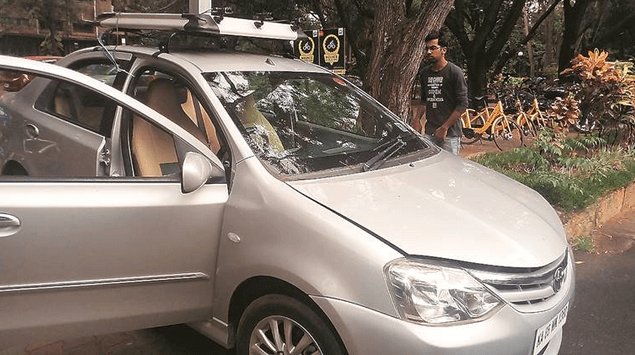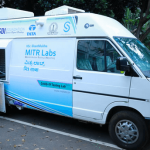
By Qamar ZJ
If all had gone well, India’s first driverless concept car would have been ready by May this year. However, COVID-19 happened, and the debut is now postponed to March 2021. It is an ambitious project by Bengaluru’s Indian Institute of Science and Wipro as the Indian conditions are quite different from European countries. Besides stray animals getting in the way, the pedestrians and vehicle users themselves don’t follow lane discipline. The volume of traffic and the rash driving is another aspect that needs to be explored for a driverless vehicle as it needs to have eyes all around it for any and every obstacle thrown its way.
“A lot of things got affected due to the lockdown,” says Dr Ramachandra Budihal, Wipro’s head for AI, autonomous systems and robotics. With the imports from China being shut off, the team is compelled to make the parts indigenously. “But some components cannot be made in india, such as electronic components and battery packs,” says Dr Budihal, who is based on the IISc campus with a team of 18 engineers to build the concept autonomous car with atleast 28 sensors.
Will the project get further delayed due to the absence of crucial parts? “We have to do it before March 2021, otherwise we will lose the money allocated for the project by Wipro,” says Budihal.
The team is testing its vehicle on the city’s highways and residential roads. “We are doing it carefully as the cops can be difficult to handle,” he says. “Since the IISc is involved, which is another government organisation, it’s manageable.”
It’s an autonomous electric vehicle being built from scratch, and not a retrofit. To build their vehicle’s algorithms, besides the sensing and computing systems, they are using a regular car fitted with sensors to record all the real-world Indian conditions. The idea is to build cutting-edge algorithms based on this data to build a driverless car. About 200 people are engaged in this project with folks drawn from six IISc departments, such as electronic design and technology, computer science and automation, aerospace engineering, electrical engineering, electrical communication engineering, and electronic systems engineering.
UPDATE: The launch is pushed to Sept 2021




